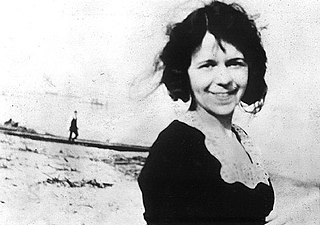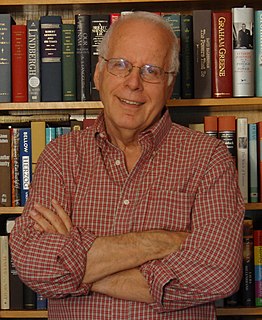A Quote by Elisabeth Moss
Why an artist loves what they do is often so hard to describe.
Related Quotes
Why a musician loves playing jazz or classical music or what makes them happy, and why an artist likes to paint - it's so hard to actually put into words what that feeling is of joy that we get, but that is what I get: a feeling of joy when the camera is rolling, even if I'm doing something that is not joyous.
You can also see sometimes that the best pictures are the ones where you didn't try so hard, where you were just enjoying the process - and you didn't even know why you were making the picture. It felt right. If someone asked, 'Why are you making this picture?' you probably couldn't describe it very well - and that's why it needs to be a photograph.
I learned how difficult it is to be an artist. There are always compromises. The record company wants you to do this, your fans want you to do this, your family, you can't concentrate on your work. It's a hard thing to be an artist and not give up. That's why I have so much respect for people like Dylan and Neil Young and Tom Waits, because they keep at it. I have a new respect for a true artist.
Too often in the past, we have thought of the artist as an idler and dilettante and of the lover of arts as somehow sissy and effete. We have done both an injustice. The life of the artist is, in relation to his work, stern and lonely. He has labored hard, often amid deprivation, to perfect his skill. He has turned aside from quick success in order to strip his vision of everything secondary or cheapening. His working life is marked by intense application and intense discipline.
Why was the painting made? What ideas of the artist can we sense? Can the personality and sensitivity of the artist be felt when studying the work? What is the artist telling us about his or her feelings about the subject? What response do I get from the message of the artist? Do I know the artist better because of the painting?



































